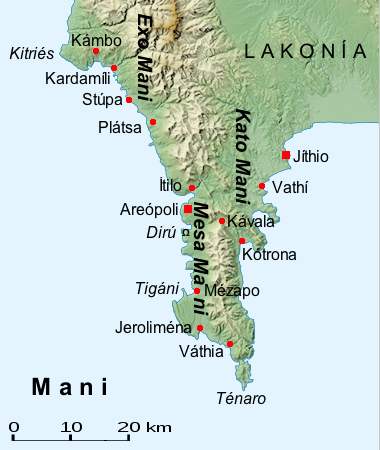|
Maniatikos
Maniatikos ( el, Μανιάτικος), is a local Greek dances, Greek folk dance from Mani Peninsula, Mani, Greece, with a rhythm meter. See also *Music of Greece *Greek dances ReferencesΕλληνικοί παραδοσιακοί χοροί: Μανιάτικος (article in Greek) Greek dances {{Europe-dance-stub ... [...More Info...] [...Related Items...] OR: [Wikipedia] [Google] [Baidu] |
Greek Dances
Greek dance (''choros'') is a very old tradition, being referred to by authors such as Plato, Aristotle, Plutarch and Lucian. There are different styles and interpretations from all of the islands and surrounding mainland areas. Each region formed its own choreography and style to fit in with their own ways. For example, island dances have more of a different smooth flow to them, while Pontic dancing closer to the Black Sea, is very sharp. There are over 10,000 traditional dances that come from all regions of Greece. There are also pan-Hellenic dances, which have been adopted throughout the Greek world. These include specifically the Syrtos, Kalamatianos, Pyrrhichios, Ballos and hasapiko. Traditional Greek dancing has a primarily social function. It brings the community together at key points of the year, such as Easter, the grape harvest or patronal festivals; and at key points in the lives of individuals and families, such as weddings. For this reason, tradition frequently dict ... [...More Info...] [...Related Items...] OR: [Wikipedia] [Google] [Baidu] |
Mani Peninsula
The Mani Peninsula ( el, Μάνη, Mánē), also long known by its medieval name Maina or Maïna (Μαΐνη), is a geographical and cultural region in Southern Greece that is home to the Maniots (Mανιάτες, ''Maniátes'' in Greek), who claim descent from the ancient Spartans. The capital city of Mani is Areopoli. Mani is the central peninsula of the three which extend southwards from the Peloponnese in southern Greece. To the east is the Laconian Gulf, to the west the Messenian Gulf. The Mani peninsula forms a continuation of the Taygetos mountain range, the western spine of the Peloponnese. Etymology The name "Mani" may come from the Albanian language, albanian word mani meaning mullbery Geography The terrain is mountainous and inaccessible. Until recent years many Mani villages could be reached only by sea. Today a narrow and winding road extends along the west coast from Kalamata to Areopoli, then south to Akrotainaro (the pointed cape, which is the southernmost poin ... [...More Info...] [...Related Items...] OR: [Wikipedia] [Google] [Baidu] |
Greece
Greece,, or , romanized: ', officially the Hellenic Republic, is a country in Southeast Europe. It is situated on the southern tip of the Balkans, and is located at the crossroads of Europe, Asia, and Africa. Greece shares land borders with Albania to the northwest, North Macedonia and Bulgaria to the north, and Turkey to the northeast. The Aegean Sea lies to the east of the Geography of Greece, mainland, the Ionian Sea to the west, and the Sea of Crete and the Mediterranean Sea to the south. Greece has the longest coastline on the Mediterranean Basin, featuring List of islands of Greece, thousands of islands. The country consists of nine Geographic regions of Greece, traditional geographic regions, and has a population of approximately 10.4 million. Athens is the nation's capital and List of cities and towns in Greece, largest city, followed by Thessaloniki and Patras. Greece is considered the cradle of Western culture, Western civilization, being the birthplace of Athenian ... [...More Info...] [...Related Items...] OR: [Wikipedia] [Google] [Baidu] |
Music Of Greece
The music of Greece is as diverse and celebrated as its history. Greek music separates into two parts: Greek traditional music and Byzantine music. These compositions have existed for millennia: they originated in the Byzantine period and Greek antiquity; there is a continuous development which appears in the language, the rhythm, the structure and the melody. Music is a significant aspect of Hellenic culture, both within Greece and in the diaspora. Greek musical history Greek musical history extends far back into ancient Greece, since music was a major part of ancient Greek theater. Later influences from the Roman Empire, Eastern Europe and the Byzantine Empire changed the form and style of Greek music. In the 19th century, opera composers, like Nikolaos Mantzaros (1795–1872), Spyridon Xyndas (1812–1896) and Spyridon Samaras (1861–1917) and symphonists, like Dimitris Lialios and Dionysios Rodotheatos revitalized Greek art music. However, the diverse history of art music ... [...More Info...] [...Related Items...] OR: [Wikipedia] [Google] [Baidu] |


